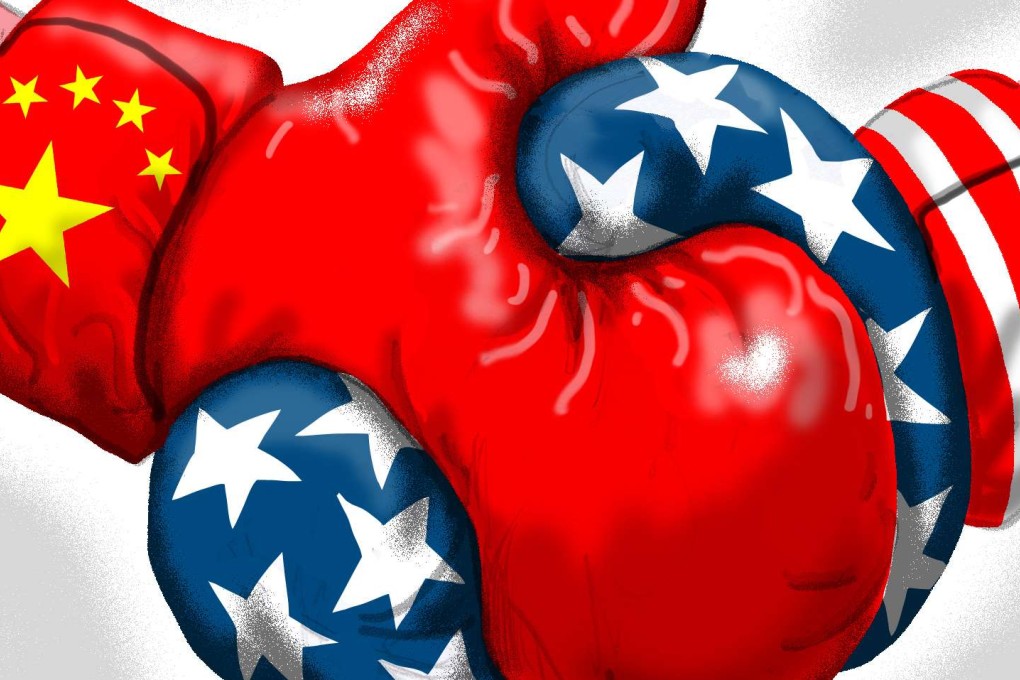Advertisement
How Trump’s ‘America First’ approach can ease the great power rivalry with China
Zhang Baohui says Trump’s likely rejection of the traditional role of the US as a leader in international affairs would be welcome in Beijing and should lead to better Sino-US relations
Reading Time:5 minutes
Why you can trust SCMP


Advertisement
But before we jump to conclusions, we need a deeper understanding of Trump’s foreign policy. In fact, if we assess Trump’s likely China policy in the context of his views on the US role in the world, we would arrive at a brighter outlook for Sino-US ties.
Why Trump’s blunt approach will put US relations with China on surer footing
It is hard to believe that Trump – whose tweets seem to indicate a temperament ruled by impulse – has a grand strategy for US foreign policy. Indeed, pundits have portrayed him as clueless and poorly informed about foreign policy issues.
But Trump does have a coherent view of the US role in the world. His “America First” slogan is a repudiation of the traditional role of the US as a leader in international affairs. As the Brookings Institution’s Robert Kagan put it, the president-elect “has little interest in shouldering the burden of global order”. Indeed, during the election, Trump promised to end US military involvements overseas and repeatedly attacked Hillary Clinton’s internationalist foreign policy. He also suggested that allies should be responsible for their own security, instead of relying on the US.
Trumpian Absurdism and US-China relations

Trump’s disruptive effect, and a turning point for the US and beyond

Advertisement